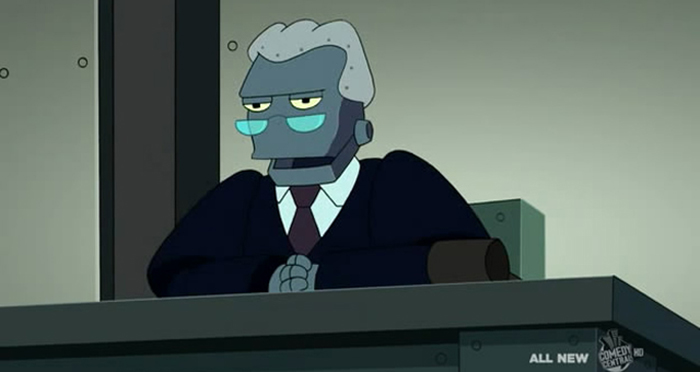AI-powered “robots” could be used to make judicial decisions — albeit initially very minor ones — the Master of the Rolls has said.
In an online lecture delivered last week at the Law and Technology Conference, Sir Geoffrey Vos said: “I believe that [AI] may also, at some stage, be used to take some (at first, very minor) decisions.”
He followed this with the caveat that controls will be required, specifically “for the parties to know what decisions are taken by judges and what by machines” and “for there always to be the option of an appeal to a human judge”.
However, Sir Geoffrey concedes that there are still limiting factors in the involvement of machines in judicial decisions. Key amongst them is the ability of a justice system to inspire the confidence of its citizens and businesses, without which it cannot function.
“There are some decisions — like for example intensely personal decisions relating to the welfare of children — that humans are unlikely ever to accept being decided by machines,” the top judge acknowledged. “But in other kinds of less intensely personal disputes, such as commercial and compensation disputes, parties may come to have confidence in machine-made decisions more quickly than many might expect.”
Nonetheless, he pointed out that there are currently many areas of professional expertise where AI opinion is considered reliable, giving the example of skin cancer diagnosis:
“The machine has seen many more skin cancers than any doctor and its advice is already, I believe, a valuable adjunct to the tools available to medical professionals.”
Sir Geoffrey’s comments follow a story reported by Legal Cheek in which a New York lawyer apologised for reportedly using ChatGPT to undertake legal research, which resulted in a legal document containing several fake cases being submitted to the court.
This isn’t the first time Sir Geoffrey has spoken on AI. In a speech delivered to Lincoln’s Inn earlier this year he told his audience that AI tools such as ChatGPT are likely to transform the work of lawyers and judges, and “we will all have to get with the programme”.
